New Home Page
January 24, 2024 2024-04-23 6:41New Home Page
2024 Admissions
Ignite Your Future!
NTTF is now a Recognized
Awarding Body & Assessment Agency
by NCVET, MSDE, Govt. of India

Shape Your Future with Expertise!
Enroll in NTTF's Diploma Programs.
Connecting you to 500+ leading companies!
The Road to Success with NTTF Corporate Training!
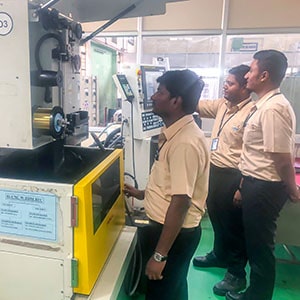


Postgraduate Programs
Offering advanced education opportunities for students who have completed their B.E or B.Tech.
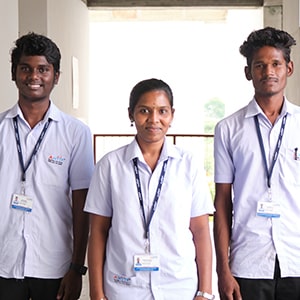


Post Diploma Programs
Programs that will provide advanced training and expertise in specific fields.
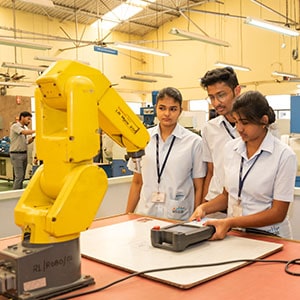
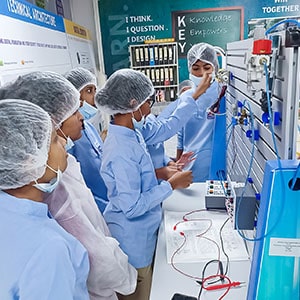

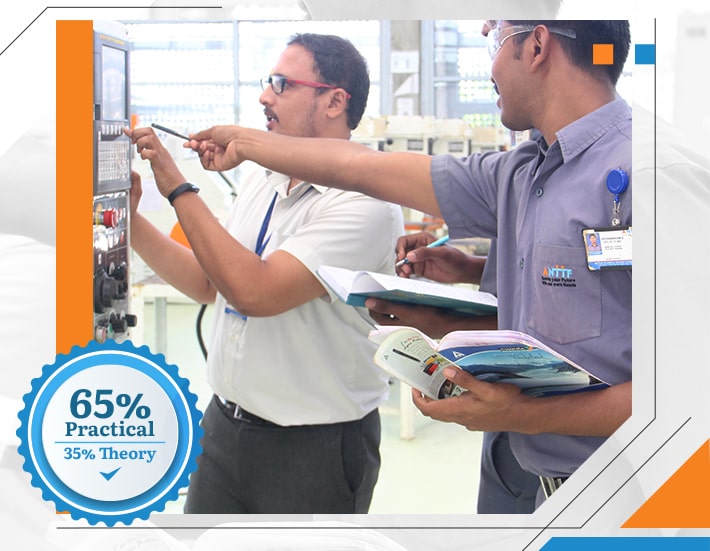
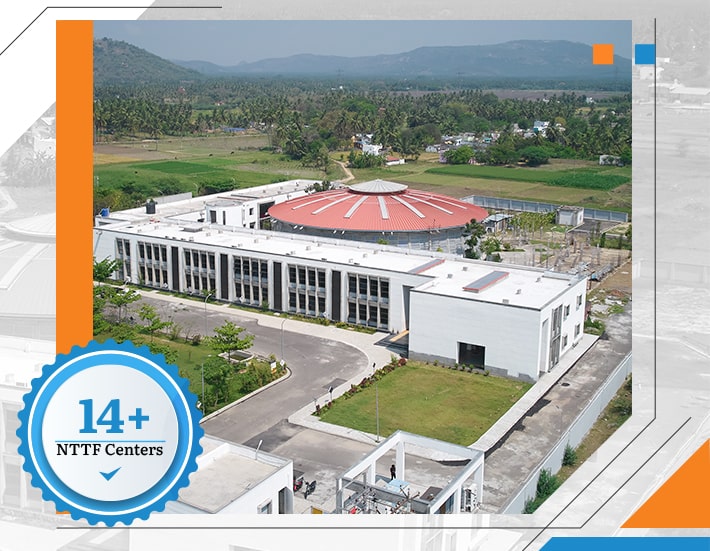
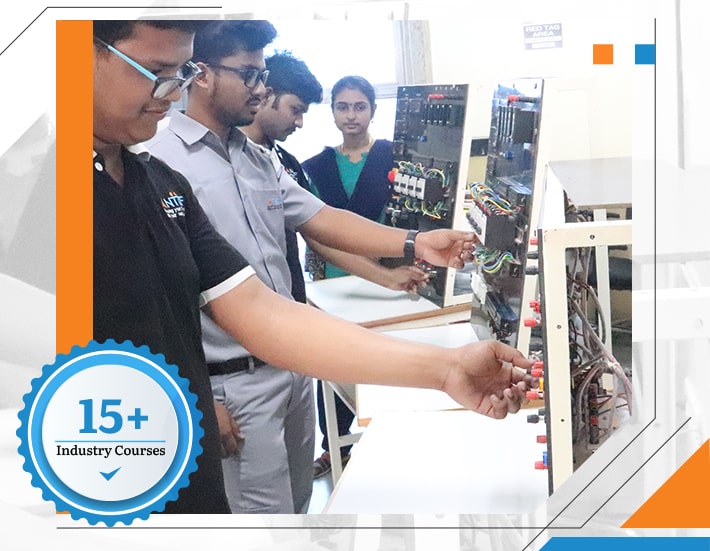
Why Choose NTTF?
Unrivaled industry partnerships, trailblazing facilities, and a transformative learning environment that prepares you to thrive in this era.
Transformative Learning Environment
NTTF offers a transformative learning environment that goes beyond traditional classroom education.
Extensive Industry Partnerships
NTTF stands out from other institutions with its unrivaled network of industry partnerships.
65+
Years Of Experience
14+
NTTF Centers
450+
Recruitment Companies
15+
Industry Courses
Placements
Unparalleled Placement
Opportunities at NTTF!
At NTTF, we connect you with top-notch companies, opening doors to exciting career prospects. Join us and unlock a future filled with success, growth, and limitless potential!
Student Testimonials
- School of Postgraduation
- Post Diploma Programs
- Diploma Programs
Our Training Locations
Pan India
- Manesar
- Pantnagar
- Lucknow
- Jamshedpur
- Sanand
- Ahmedabad
- Vadodora
- Pune
- Vapi
- Hyderabad
- Vijayawada
- Belagavi
- Tumakuru
- Naidupete
- Ponneri
- Avadi
- Thiruvallur
- Medchal
- Sholinghur
- Sriperumbudur
- Hosur
- Pulivalam
- Viralimalai
- Amritsar
- Ludhiana
- Bussi Pathana
- Malerkotla
- Haridwar
- Roorkee
- Rohtak
- Jhajjar
- Mangal Puri
- Noida
- Pusa
- Gurgaon
- Bawal
- Lucknow
- Mangalpur
- Kanpur
- Chaukaghat
- Kidderpore
- Varanasi
- Karaundi
- Becharaji
- Dahej
- Nasik
- Ankanpally
- Hyderabad
- Penukonda
- Tumkuru
- Sriperumbudur
- Hosur
- Vellore
- Paiyanur
- Pudicherrry
- Pulivalam
- Hosur
- Thirukuvalai
- Elathur
- Bhiwadi
- Numaligarh
- Bhubaneswar
- Wadakanchery
- Madurai
- Kochi

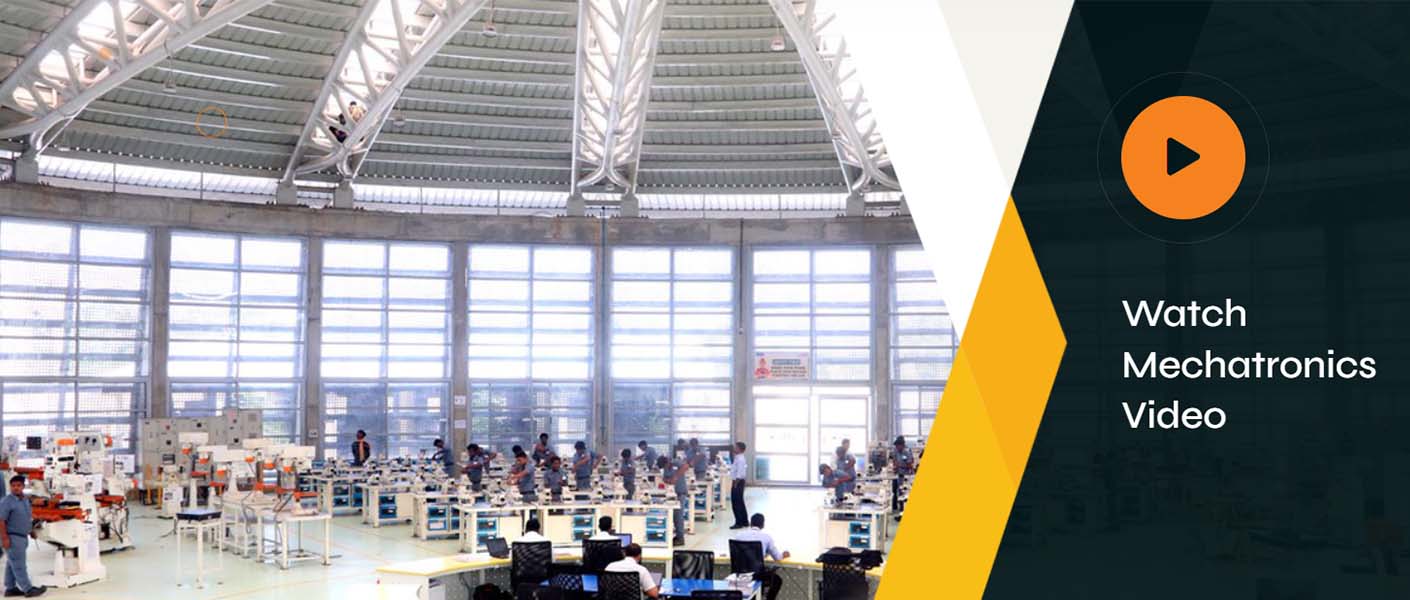



 CORE CENTRES
CORE CENTRES LEARN AND EARN LOCATIONS
LEARN AND EARN LOCATIONS CORP. & ITI PARTNER TRG LOCATIONS
CORP. & ITI PARTNER TRG LOCATIONS SKILL DEVELOPMENT CENTRES
SKILL DEVELOPMENT CENTRES
